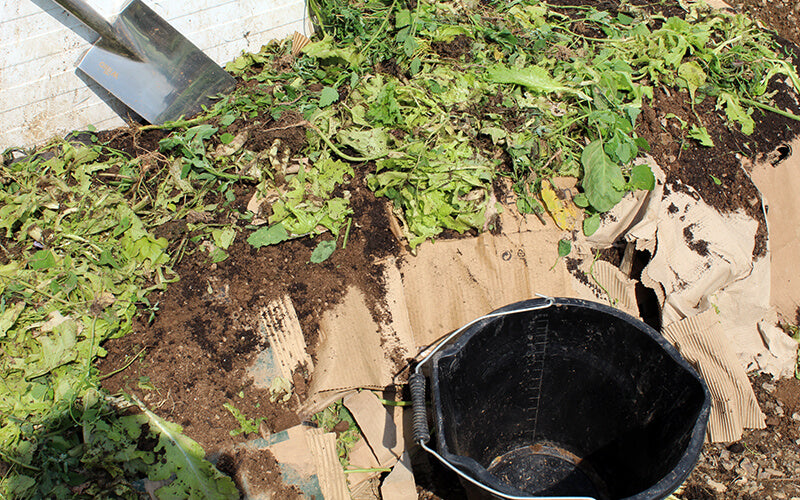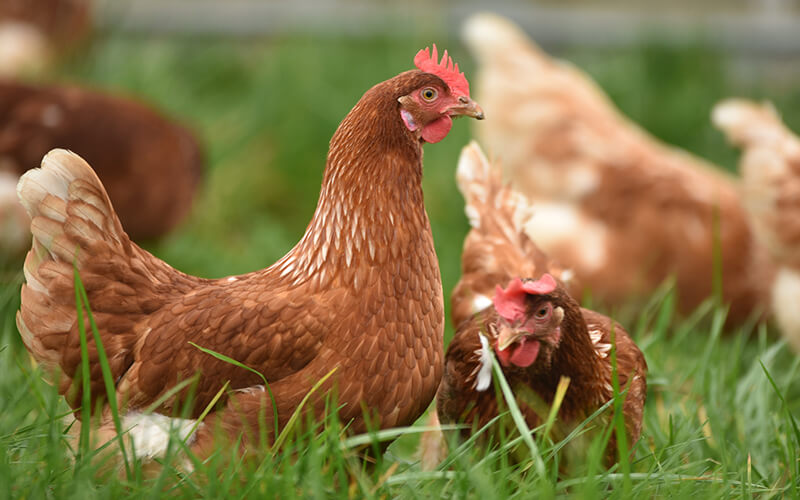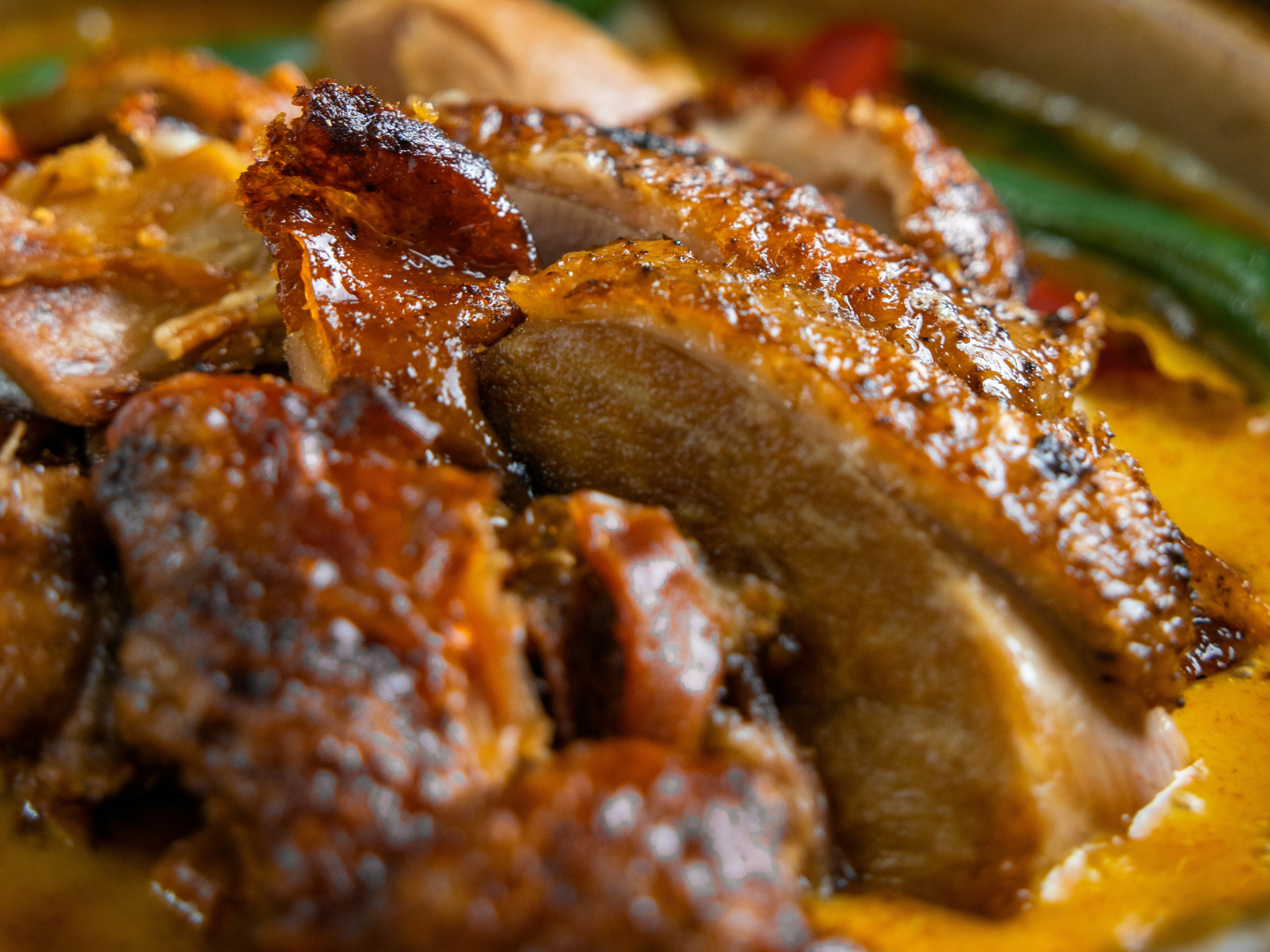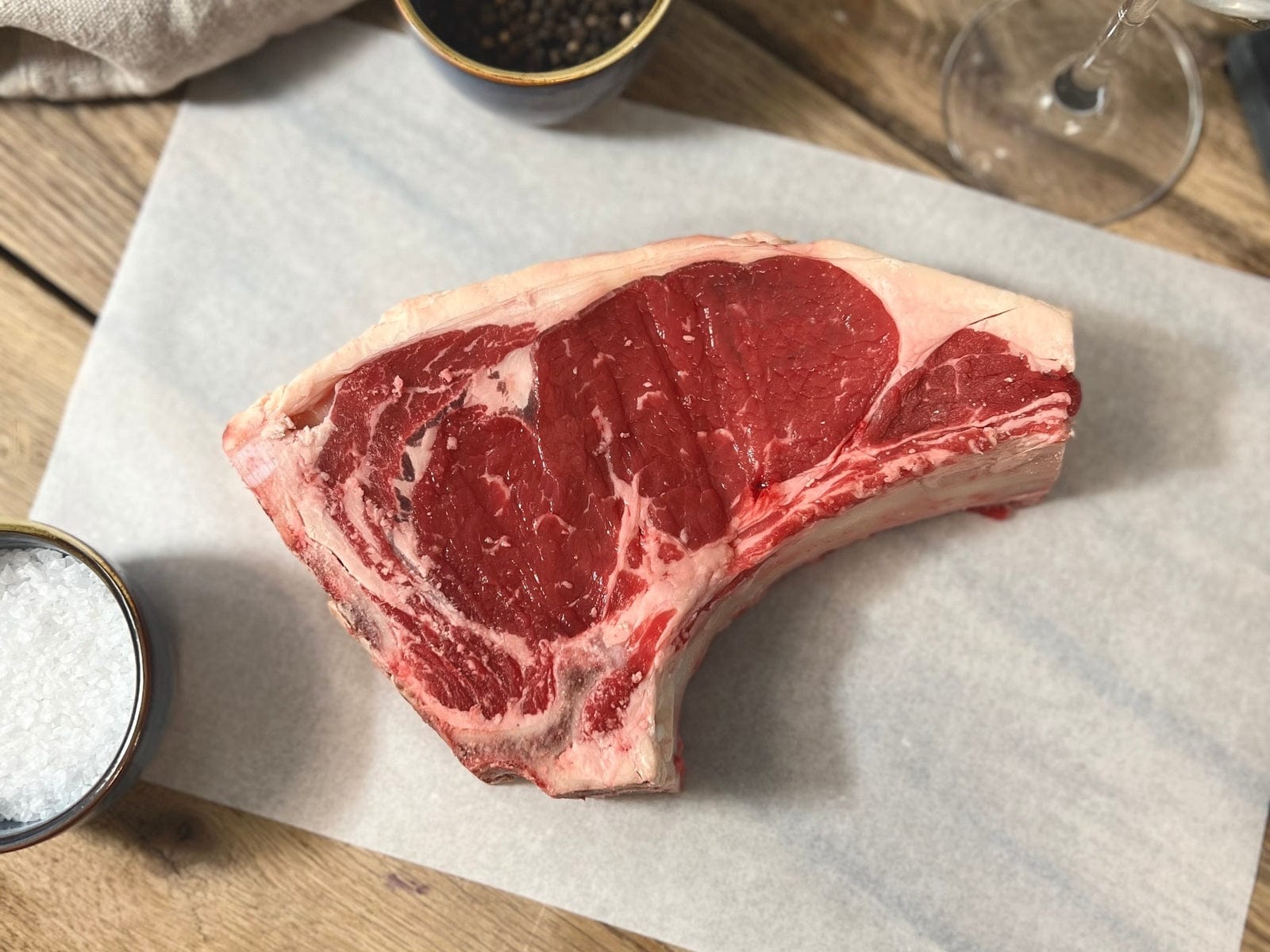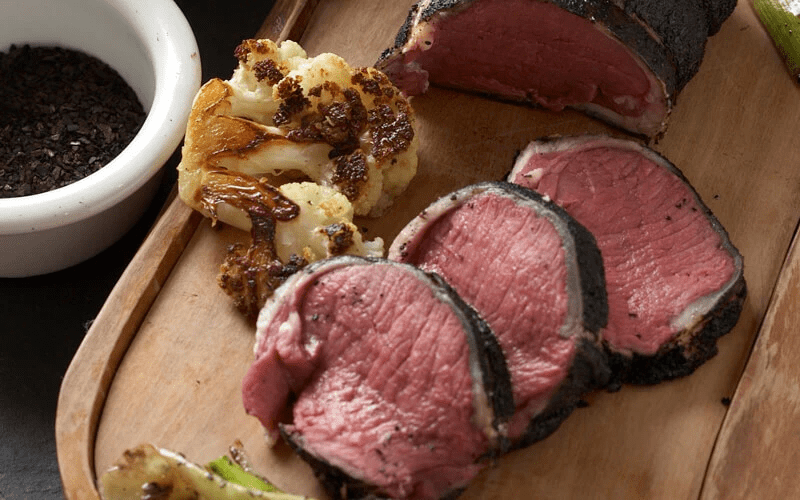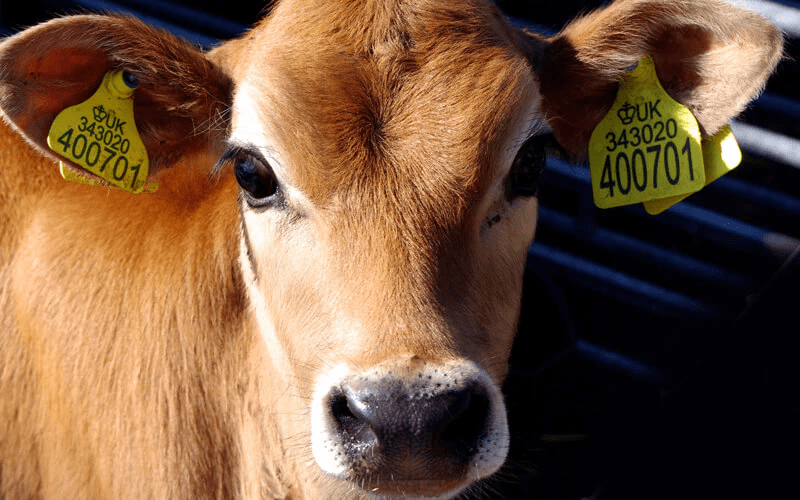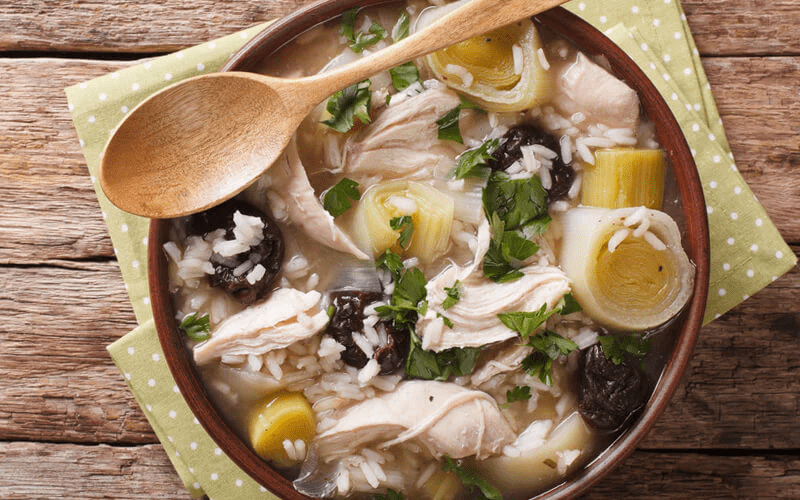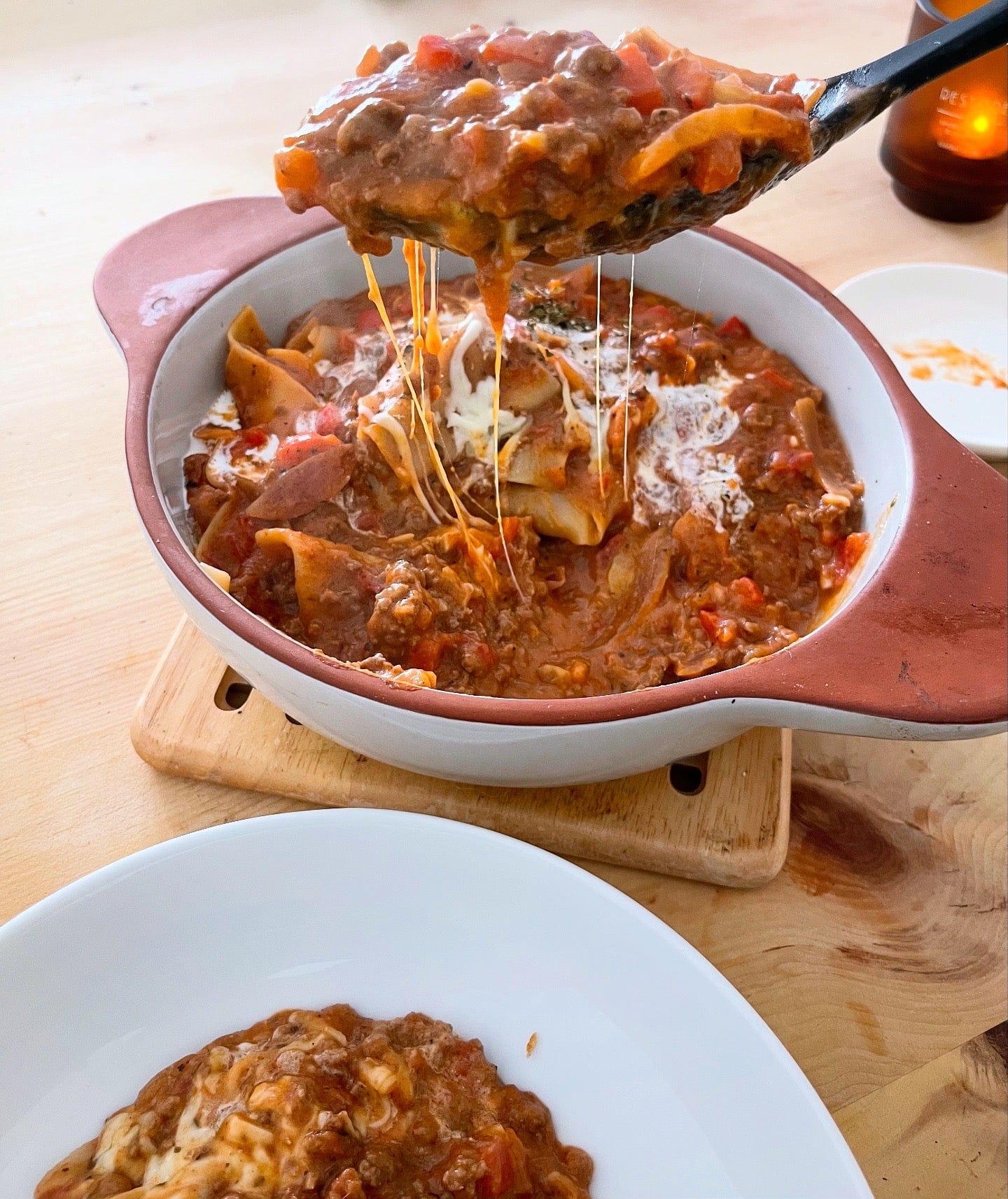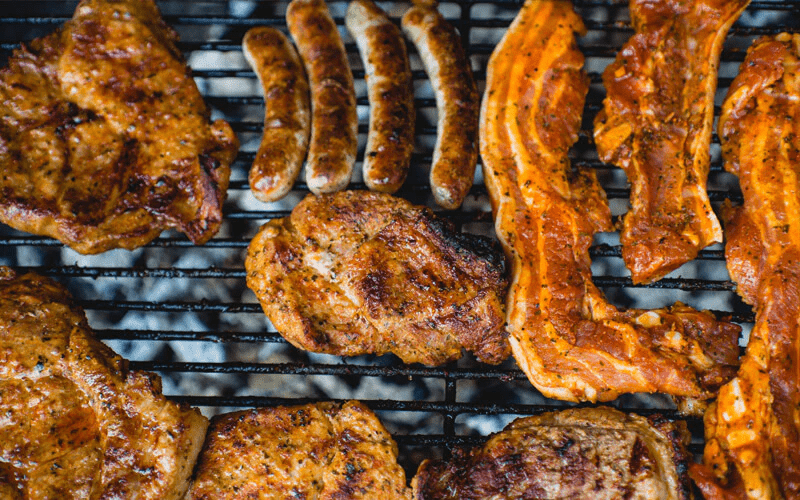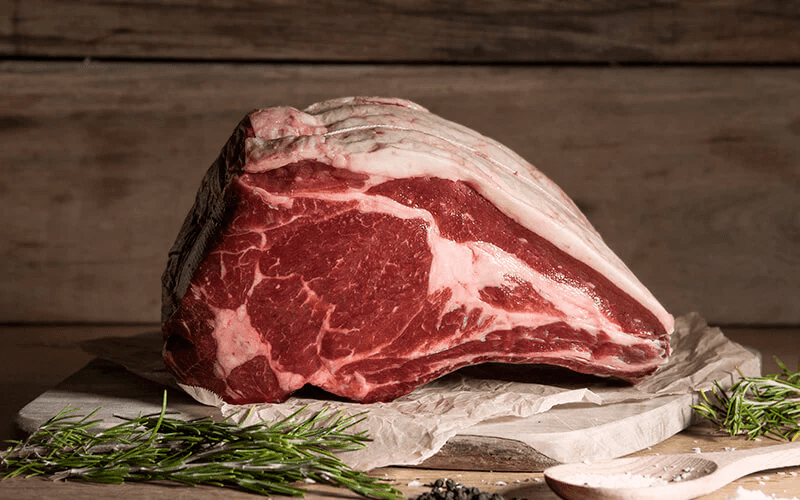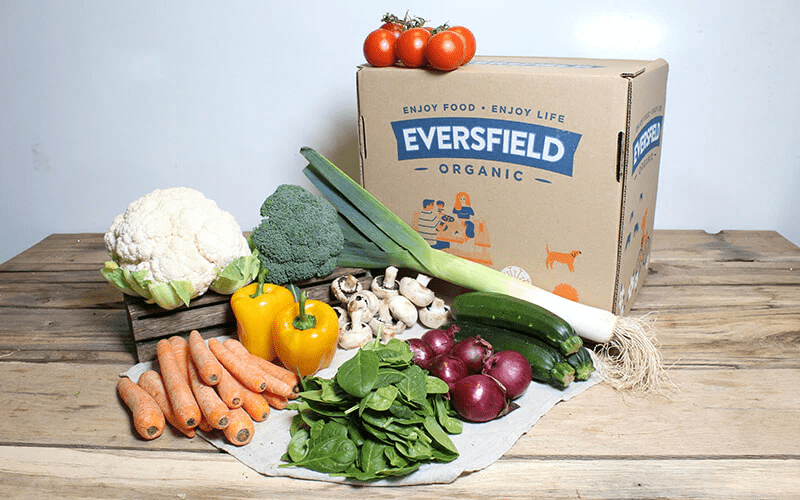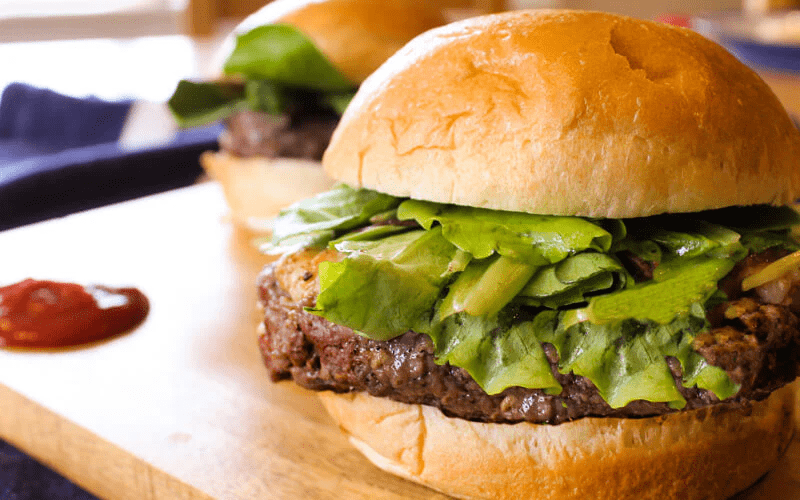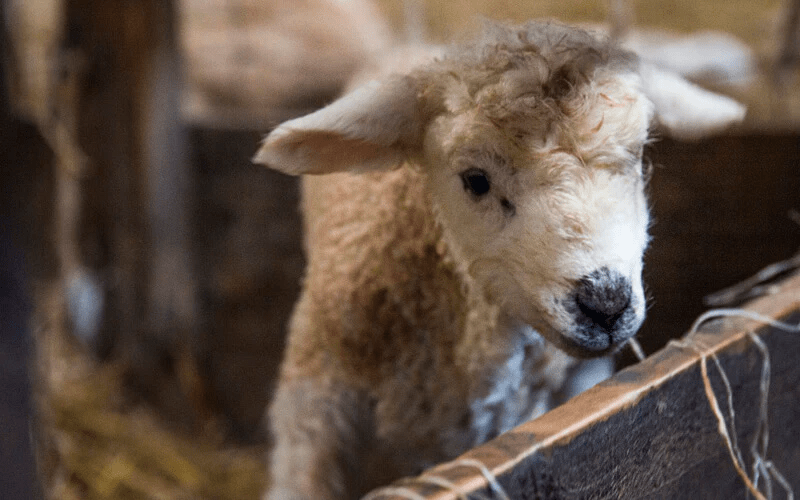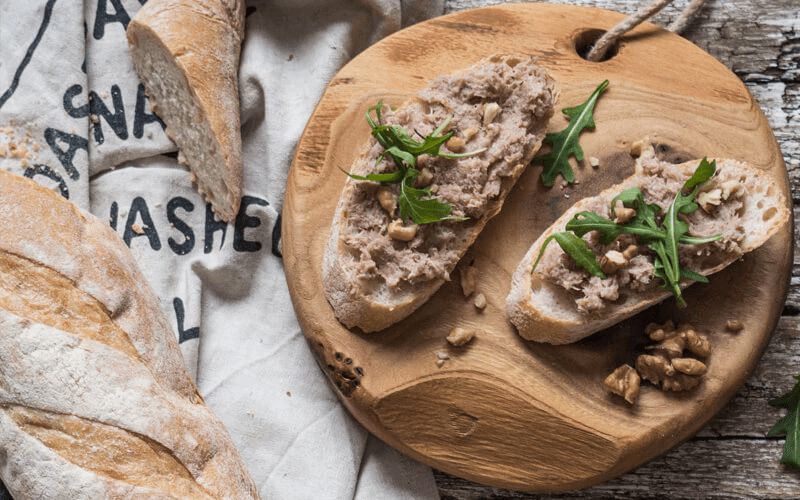Rain, Sunshine, Soil

We’ve been talking to our Market Gardener, Laura Spring, about the importance of composting on our organic farm, but also on a small scale for the home or allotment gardener.
This week is National Allotment Week, so we thought it was the perfect opportunity to share some of her little gems. Laura has vast gardening experience, including being part of the esteemed team of gardeners at Trinity College, Cambridge.
The Aim of Composting
To return the nutrients to the soil and improve it's structure for planting. In short, it is a simple as that, the idea is if the soil is full of nutrients, what you are growing will be bursting with life and in the case of vegetables tasty nutrients for you too. For those bakers, brewers and cheesemakers among you, soil is the ‘starter culture’ for growing vegetable and flowers in your garden.
“A starter culture is defined as a preparation of living microorganisms, which are deliberately used to assist the beginning of fermentation, producing specific changes in the chemical composition and the sensorial properties of the substrate to obtain a more homogeneous product.” From: The Microbiological Quality of Food, 2017
The Aim of Composting on Eversfield Organic Farm
We promote a closed loop system on our farm. The intention is nothing from outside the farm aids the productivity on the farm, be this from feed for our herd (they only graze on our grass) to fertiliser for our market garden. Our herd is fed on our luscious grass and hay all year round, and our vegetables are grown in organic soil and nutrient rich compost.
Composting on Eversfield Farm
Our 3 compost bays work on a rotation scheme. One in progress 'building', one ‘cooking’, and one being used daily in the garden.
We build our compost with the right balance of nitrogen and carbon, the ‘greens’ and the ‘browns’. Too much nitrogen creates a slimy mess, so the balance of carbon is important to keep the compost light and fluffy. We rely on the naturally occurring microbes which are part of the soil fauna to decompose the compost heap contents aerobically.
The Right Balance – Greens and Browns

What are ‘Greens’ – Nitrogen-rich Material
Anything green – essentially, it’s as simple as that.
Lettuce leaves and roots.
Old veg and peelings.
Grass clippongs.
Nettles and other annual weeds.
What are ‘Browns’ – Carbons
Leaf mould and mulch.
Small chopped twigs.
Shredded cardboard or newspaper.
Coffee grounds.
Tea leaves, but don’t throw in your tea bags unless you know they are unbleached without micro-plastics like our organic Clipper tea bags.
It pays off to be rather particular about the types of greens and browns thrown into the compost to keep the right balance. Laura recommends approximately 30 parts brown, to one-part green. Somewhere around 6 to 8 inches deep of brown to 2 inches deep of green. You may find in the summer you need to water your compost to keep it decomposing.
It’s important to avoid putting perennial weeds in your compost because they can take a lot longer to die off, possibly over 2 years, and may actually start growing roots in your compost. Perennial weeds include brambles, couch grass, creeping buttercup, thistles, dandelions and docks.

You may have heard you can compost milk, egg shells and other dairy products on your compost, but we wouldn’t advise it because although there is research to suggest it can aid decomposition, it is most likely to attract pests such as rats or other undesirable animals. Instead, dry your egg shells and use them around precious plants to deter slugs.
It’s also been suggested you can empty your vacuum into your home compost, but because our houses are full of synthetics, such as fibres found in your carpet, they won’t break down and will ultimately contaminate your compost.
As a business we choose our packaging materials carefully, much of our packaging is compostable such as our fruit and mushroom trays. If it isn’t compostable it is returnable, reusable or recyclable, helping to reduce our waste in landfill.
Composting at Home
Don’t let the science side put you off, it honestly is not that complicated. Around 40% of the average kitchen dustbin contents are suitable for home composting so it helps cut down on landfill too.
Give it a go, you’ll be amazed by the results.



